Evolution of Pingtan-Taiwan relationship
Pingtan TV | Updated:2018-08-03 | Wang KuiA long history of close relationship exists between Pingtan and Taiwan. In Qing Dynasty (1636—1912 A.D.), soldiers from Pingtan were sent to Taiwan by turns of every three years to maintain its social stability. Now, as the nearest place to Taiwan Island from the Chinese Mainland, Pingtan has become a shared community for people across the Straits.
The evolotion of Pingtan-Taiwan relationship (Guo Yumeng, Huang Qibo/Pingtan TV)
The South Street of Pingtan Ancient Town was once the business centre with lots of wooden shops and Taiwan merchants selling various Taiwan goods, which was regarded as the landmark of the street and the proof for the historic exchanges between these two islands.

Though the age-old history it has owned, the red bricks of the street still reproduce its great prosperity in the past. On the street stands an ancient temple called Wufu City God Temple. Different from other city god temples, two city gods are worshiped here, one for Pingtan and the other for Taiwan.
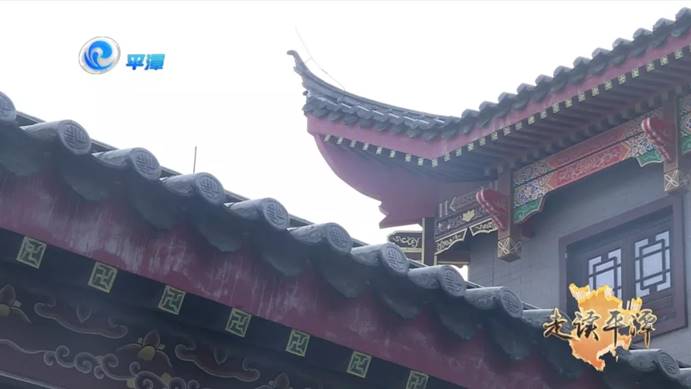
Frequent economic exchanges promote integration of the cultures between Taiwan and Pingtan. Sending soldiers from Pingtan to Taiwan by turns of every three years is an example for the relationship between these two islands.
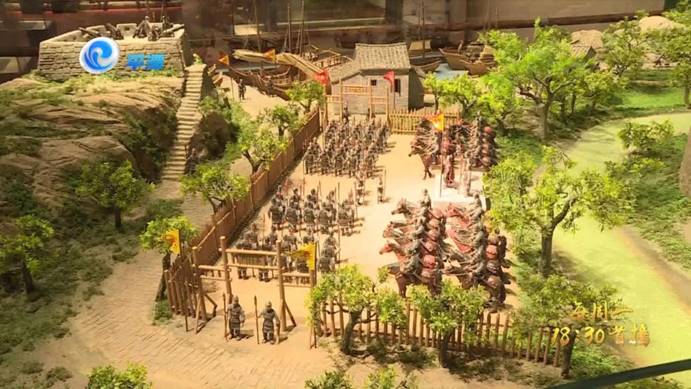
In 1683, the government of Qing Dynasty restored sovereignty over Taiwan Island and the urgent task followed was to consolidate its rule of the island. The imperial government soon sent troops from the Chinese Mainland to Taiwan under the suggestion of the famous strategist Shi Lang. This move enhanced its control over Taiwan, strengthened the coastal defence of the southeast China's seashore areas as well as protected Taiwan from colonial powers in western countries.
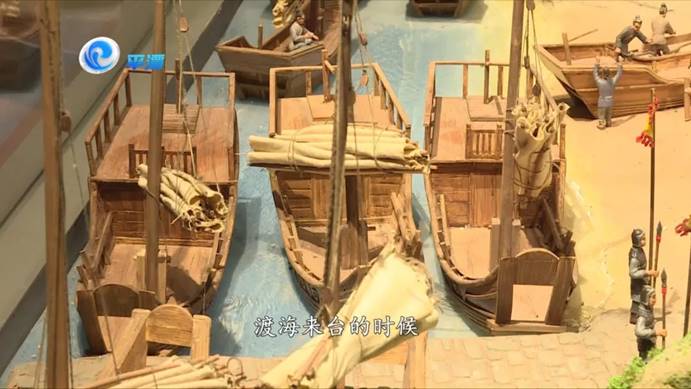
Pingtan became the stronghold for the cross-straits integration since ancient times by stationing troops in Taiwan, defending territorial seas, and leading Fujian people to help develop Taiwan. During the Ming and Qing Dynasties, pirates often invaded both sides of the Taiwan Straits. Troops and residents from cross-straits united together to resist the foreign enemies and enhanced mutual communications.
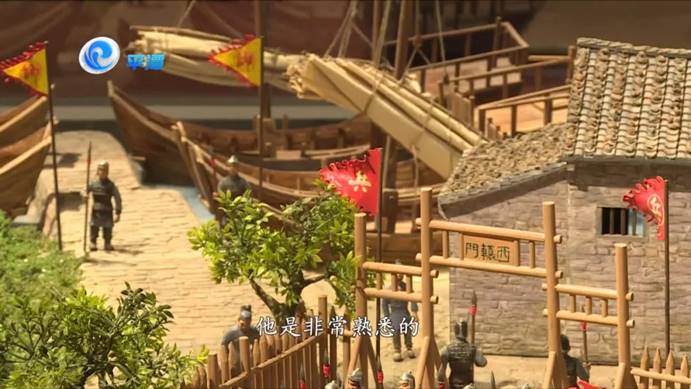
"These shift soldiers usually patrolled around to perform their duties and became familiar with surrounding landforms, environment and customs. When their fellow townsmen sailed to Taiwan across the Straits, the soldiers would offer them relevant information of the island, so as to help them settle down quickly in the new environment in Taiwan. At the meantime, the shift soldiers should go back to Pingtanafter three years of stationing in Taiwan and new troops would be selected to replace them with the information they brought back home," said Huang Jieqiong, Deputy Researcher from the Research Centre for History in Fujian Academy of Social Sciences.
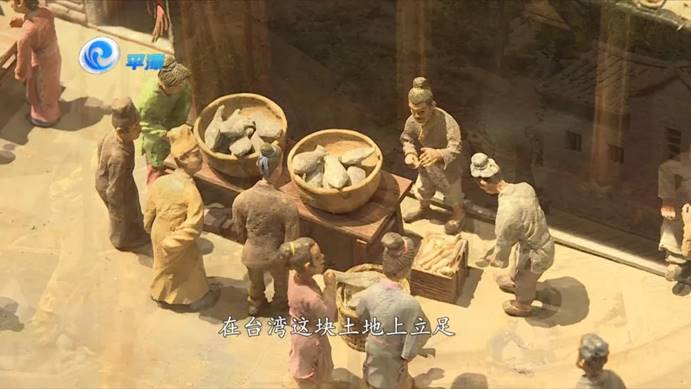
With the continuous exchange between the two islands, the stationing convention was turned into a defending one. Since then, more Pingtan elements started to be added into Taiwan's cultures.
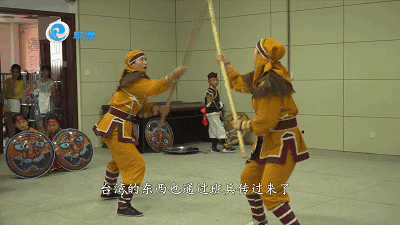
"Cane Shield Exercise, a kind of military strategy introduced to Taiwan during the military stationing process, became less military and turned to be an ordinary performance of folklore later there. Meanwhile, the cultures of Taiwan had been spread back to Pingtan as well. For instance, the Cane Shield Exercise also absorbed certain elements from Taiwan," added Huang.
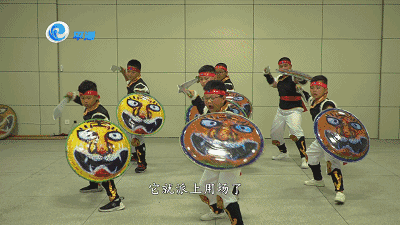
These soldiers stationing in Taiwan would go back to Pingtan after three years at the beginning but later were allowed to marry local girls in Taiwan, thus further accelerating the exchanges between the two islands.
The communications between these two islands can be reflected more in the personnel exchanges. Soldiers from Pingtan could station in Taiwan while soldiers from Taiwan also had the chance to visit the Mainland via Pingtan for training, stationing, fighting , or even sacrificing themselves for the stability of China.
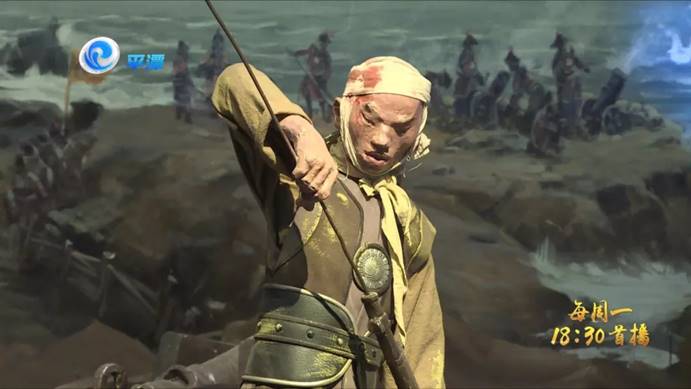
Li Shuzhen, a Pingtan poet living in Qing Dynasty concluded the precious history with a poem.
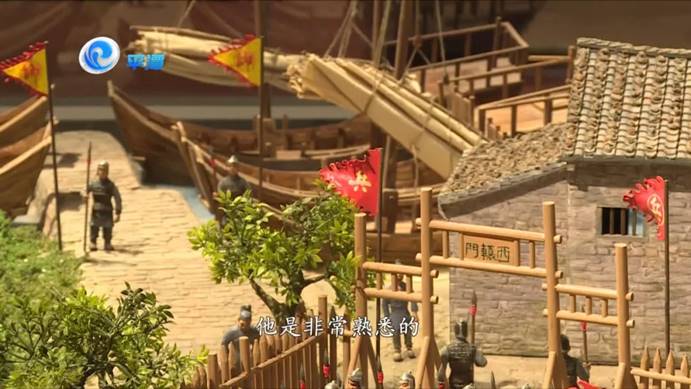
The time for Pingtan soldiers stationing in Taiwan and defending it had elapsed, but exchanges between these two islands are growing with each passing day. Dozens of enterprises from Taiwan are now operating here with nealy 300 professionals registered in Pingtan and working in departments such as finance and public affairs. Pingtan has released relevant preferential policies and explored intelligent platform constructions to build a share community for Taiwan people.
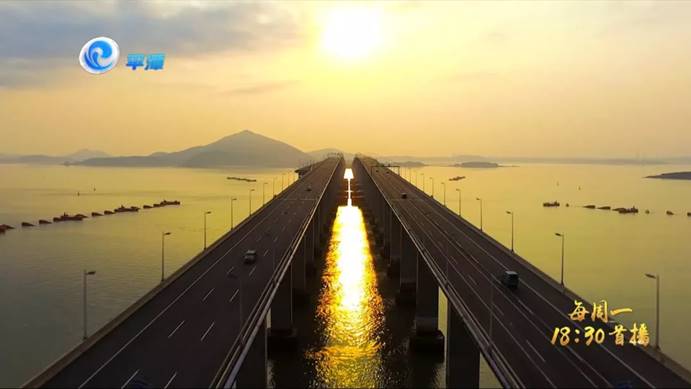
Cross-straits people are now eager for peace and more cultural exchanges. More and more people from Taiwan have treasured Pingtan as their second home for entrepreneurship and living, despite the geological separation by the Straits.
Wu Ying and Huang Qibo contributed to this report.

 Fujian Public Security Registration Code: 35012802000271
Fujian Public Security Registration Code: 35012802000271